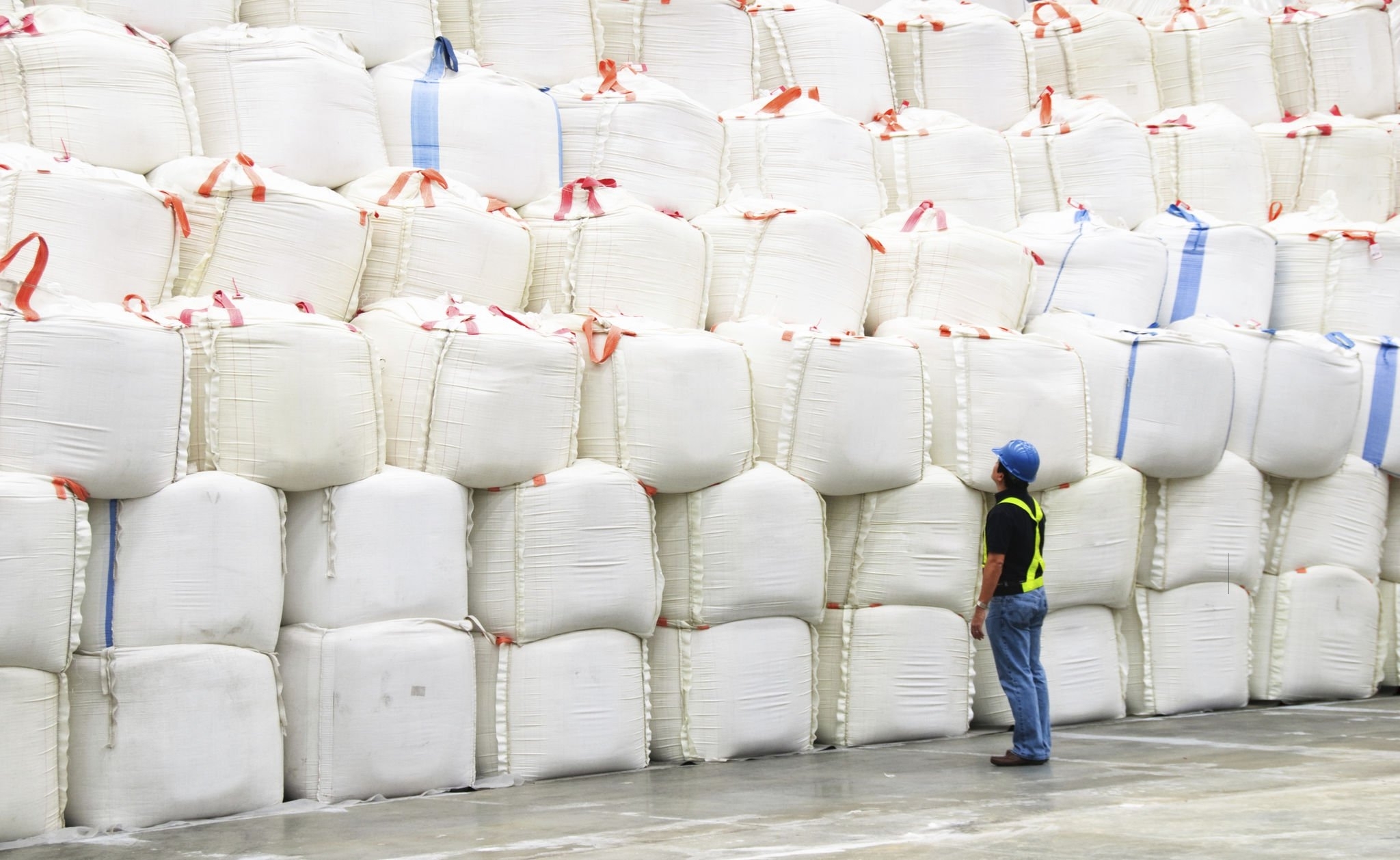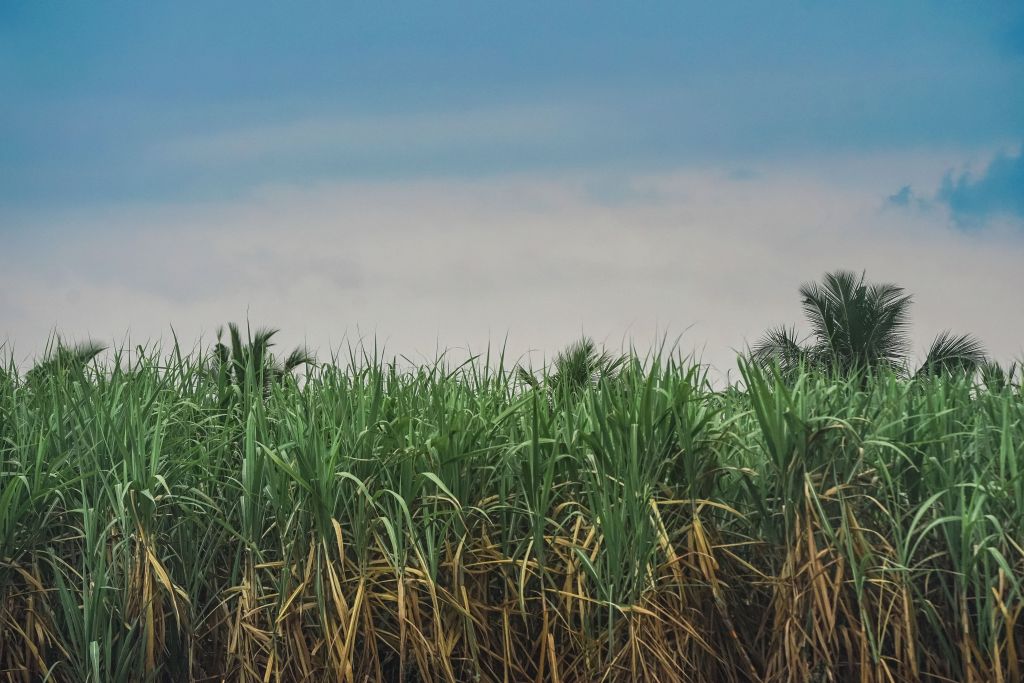Sugar Prices in Thailand Increase to Support Farmers and Manufacturers
The price of sugar in Thailand has recently increased to 19 baht per kilogram for white sugar and 20 baht per kilogram for refined sugar, an increase of 1.75 baht per kilogram for both types of sugar. This price increase is expected to benefit both sugarcane farmers and sugar manufacturers, as well as the Thai economy as a whole.
Benefits for Farmers
The higher price of sugar is expected to make sugarcane farming more profitable for farmers. Sugarcane is a major crop in Thailand, and sugarcane farmers are a significant part of the country’s agricultural sector. The higher price of sugar will boost the income of sugarcane farmers, which will improve their livelihoods and contribute to rural development.
Benefits for Manufacturers
The higher price of sugar is also expected to encourage sugar factories to sell their products domestically instead of exporting them. This is because the domestic price of sugar is now closer to the global price of sugar. As a result, sugar factories will be able to earn more profits by selling their products domestically. This will benefit the Thai economy as a whole, as it will create jobs and generate tax revenue.
Impact on Consumers
Consumers should expect to see the price of sugar-based products increase slightly as a result of the price increase. However, the government has said that it will work with businesses to keep the price increases as low as possible. The government is also considering providing subsidies to low-income households to help them offset the cost of higher sugar prices.
Overall Impact on the Thai Economy
The overall impact of the sugar price increase on the Thai economy is expected to be positive. The higher price of sugar will boost the income of sugarcane farmers and sugar manufacturers, which will have a positive impact on the overall economy. The government is also working to keep the impact of the price increase on consumers as low as possible.
Additional Facts about Sugar Industry in Thailand
- Thailand is a major player in the global sugar market. It is the world’s second-largest producer of sugar, after Brazil, and the third-largest exporter of sugar. Thailand’s sugar industry contributes significantly to the country’s economy, generating billions of dollars in revenue each year and employing millions of people.
- Sugarcane is a major crop in Thailand. It is grown on over 1.7 million hectares of land, accounting for about 10% of the country’s total agricultural land area. Sugarcane is grown in all regions of Thailand, but the largest producers are the northeastern and central regions.
- Thailand’s sugar industry is highly regulated. The government sets minimum prices for sugarcane and sugar, and it also provides subsidies to sugarcane farmers and sugar manufacturers. The government’s intervention in the sugar market is aimed at protecting the interests of sugarcane farmers and sugar manufacturers, and ensuring that there is a stable supply of sugar for domestic consumption.
- Thailand’s sugar industry is facing a number of challenges. These challenges include rising production costs, declining global sugar prices, and increasing competition from other sugar-producing countries. The Thai government is working to address these challenges through a number of measures, such as providing financial assistance to sugarcane farmers and sugar manufacturers, and investing in research and development.
Impact of the Global Sugar Market on Thailand
The global sugar market is highly cyclical, with prices fluctuating on a regular basis. This volatility can have a significant impact on Thailand’s sugar industry. When global sugar prices are high, Thai sugarcane farmers and sugar manufacturers benefit from increased profits. However, when global sugar prices are low, Thai sugarcane farmers and sugar manufacturers can suffer significant losses.
The Thai government is taking a number of measures to support the sugar industry and mitigate the impact of global sugar price volatility. These measures include:
- Setting minimum prices for sugarcane and sugar. This helps to ensure that sugarcane farmers and sugar manufacturers receive a fair price for their products.
- Providing subsidies to sugarcane farmers and sugar manufacturers. This helps to reduce their costs and improve their profitability.
- Investing in research and development. This is aimed at developing new sugarcane varieties with higher yields and sugar content, and improving the efficiency of sugar production.
- Promoting the use of sugar in alternative products, such as ethanol and bioplastics. This helps to reduce Thailand’s reliance on sugar exports.
The Thai government’s support measures have helped the sugar industry to weather the challenges of global sugar price volatility. However, the industry is still facing a number of challenges, such as rising production costs and increasing competition from other sugar-producing countries. The Thai government is continuing to work with the sugar industry to address these challenges and ensure the long-term sustainability of the industry.






